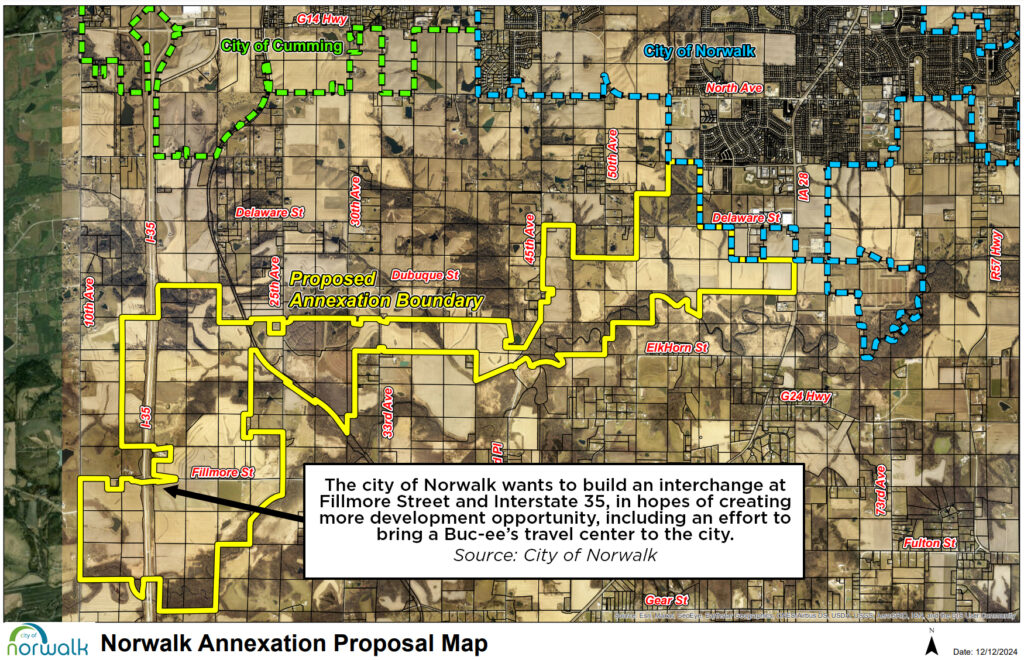Des Moines mayor proposes 40-cent decrease in city’s property tax levy

KATHY A. BOLTEN Nov 18, 2019 | 5:31 pm
2 min read time
523 wordsAll Latest News, Government Policy and Law 
Mayor Frank Cownie asked that a resolution be included on today’s council agenda that directs the city manager to prepare a budget using a property tax levy that is 40 cents lower than the current rate of $16.64 per $1,000 of assessed valuation.
“I think this would show to our citizenry an effort on the part of this council to recognize their concerns,” Cownie told council members.
If approved, a property tax levy of $16.24 would be the lowest rate in 24 years, according to data from the Polk County Assessor’s Office. The new rate would go into effect in the fiscal year that begins July 1.
Des Moines voters in March approved increasing the local option sales tax by 1 cent. Money from the tax is expected to generate about $37 million in its first year for Des Moines. About $18.5 million of the sales tax is going toward property tax relief, which allowed the council to lower the rate for the current year by 60 cents to $16.64 per $1,000 assessed valuation. The levy had been $17.24.
A $1 drop in the property tax levy – it’s 60 cents lower this fiscal year and is proposed to be another 40 cents lower next fiscal year – would save the owner of a house valued at $150,000 $150 per year.
Art Wittmack, interim president of the Taxpayers Association of Central Iowa, said he was encouraged by Cownie’s proposal.
Still, even though Des Moines and other municipalities lowered their property tax levies after voters approved the local option sales tax, many property owners saw their tax bill increase because of a rise in assessed valuations, he said. Homeowners in Polk County, for instance, saw their assessments rise an average of 10%. Property tax bills are determined by multiplying the tax rate and a property’s assessed value. Even though a levy decreases, property owners could pay more because of their property’s higher assessment.
“There’s a number of details we need to look at before we know what this proposal means,” Wittmack said.
Cownie faces former state Sen. Jack Hatch in a runoff election on Dec. 3. Four candidates were vying for mayor in the Nov. 5 election. No candidate received 50% plus one vote, prompting a runoff between the top two vote-getters.
“My support for the citizens and their concerns is ongoing and has nothing to do with the runoff for mayor,” Cownie told the Business Record. “We have told our citizenry that we’re going to try and be responsible to their concerns. [Property taxes are] one of the concerns citizens continue to have.”
Cownie emphasized that Des Moines controls only a third of a property owners’ tax bill. The remainder is made up of levies from the county, school districts and smaller taxing bodies.
“We don’t control two-thirds of levy,” Cownie said. “But we do control our piece of the levy, and this shows our effort to do just that.”










